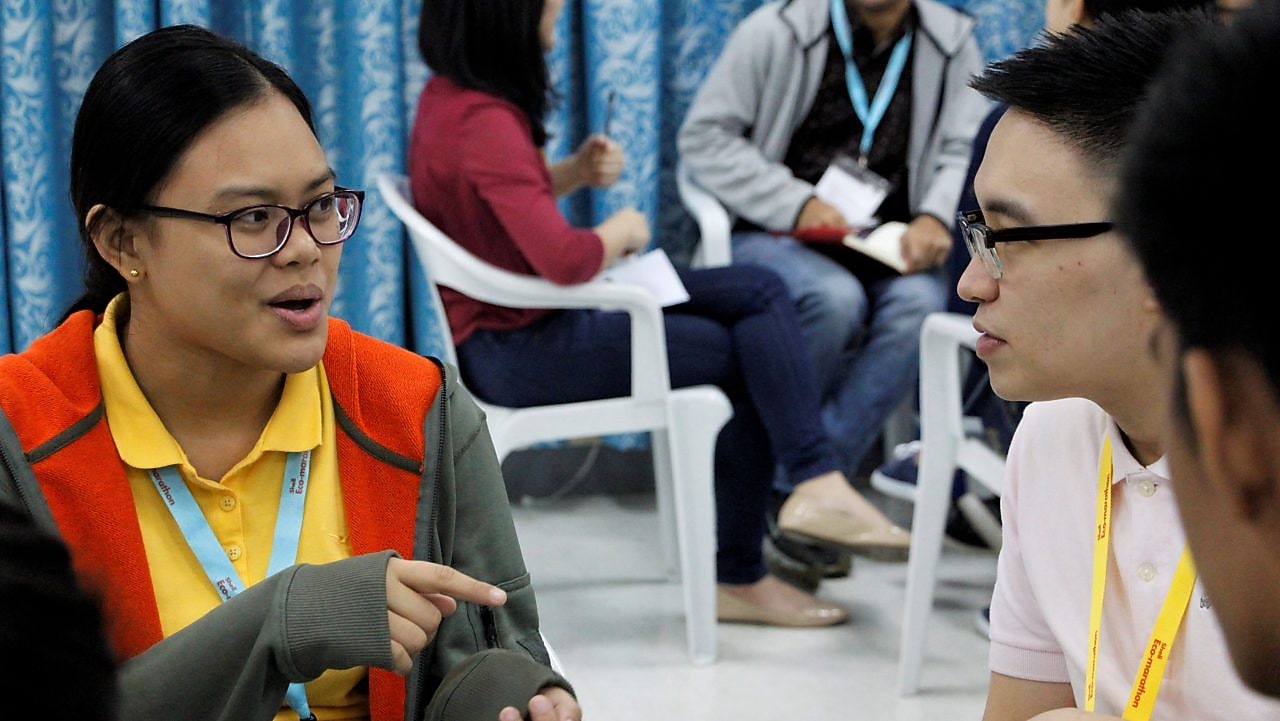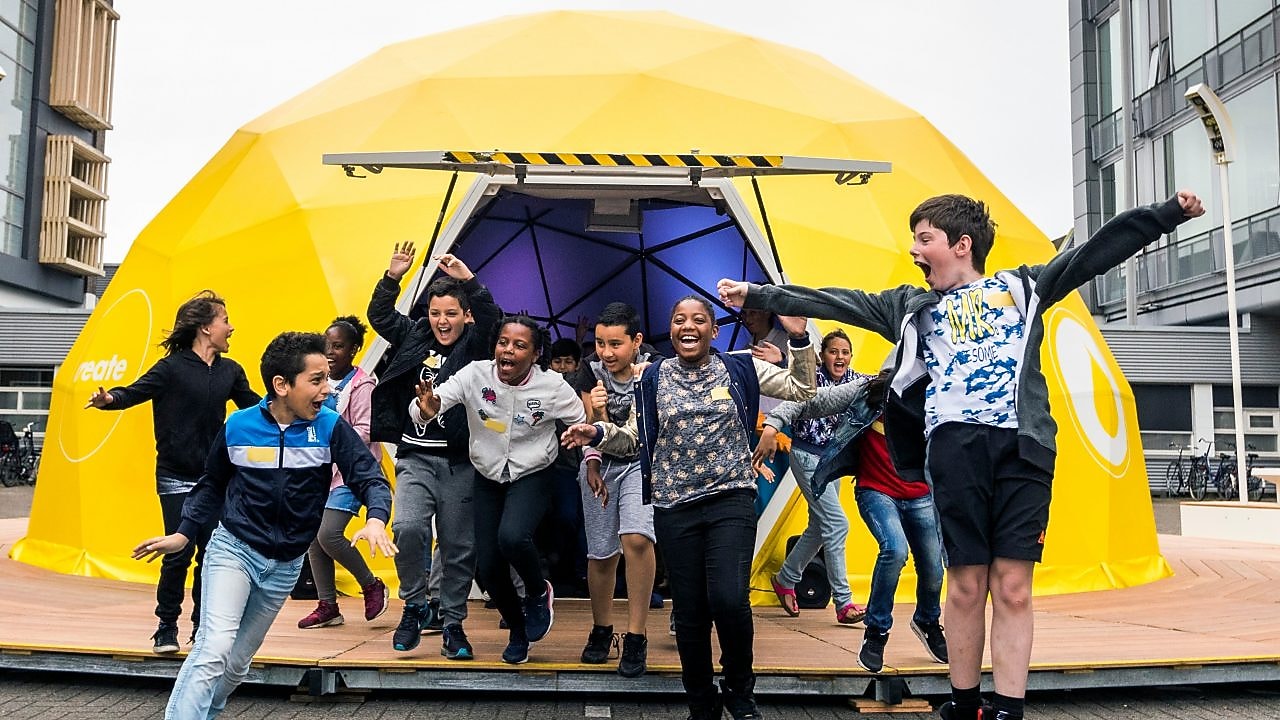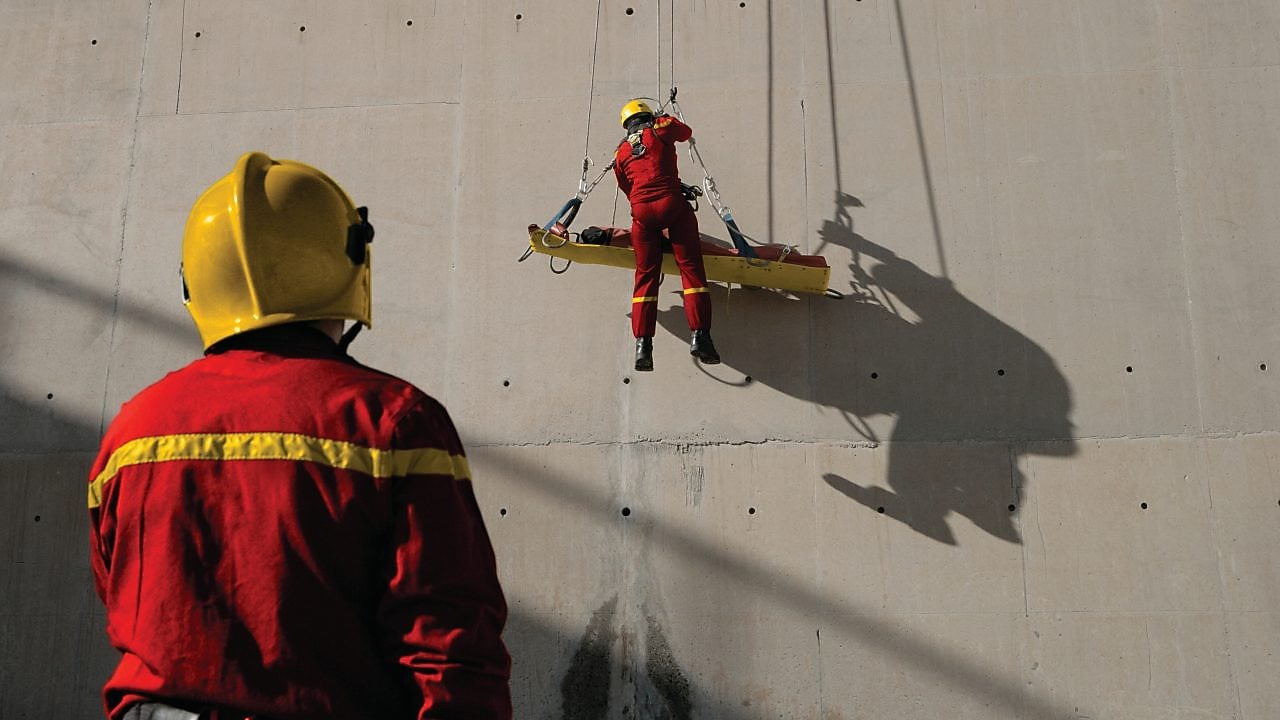
Pilipinas Shell Foundation, Inc.
Through our social arm, Pilipinas Shell Foundation, Inc., we develop programs that address the needs of Filipinos across the country. From providing energy to far-flung communities to working towards food security, our efforts provide a holistic approach in moving Filipinos forward.
Learn more about our programs now at pilipinasshellfoundation.org
About PSFI
We enable the disadvantaged to become productive and responsible members of society.
Established on August 19, 1982 as the social arm of Shell companies in the Philippines (SciP), Pilipinas Shell Foundation, Inc. (PSFI) is a pioneer in pursuing best practice projects that respond to the needs of Shell worksites and host communities.
To help uplift the lives of the disadvantaged sector in the Philippines, PSFI has been managing social development programmes of national and local scales, ranging from education and skills development (technical, vocational, and agricultural); health, sanitation, and safety; livelihood and enterprise development; environmental stewardship; access to energy; and leadership enhancement and attitude development.
Vision: An organisation sustaining its initiatives in enabling the disadvantaged to become productive and responsible members of Philippine society and in helping strengthen community systems thus contributing to the country’s sustainable development, at all times, upholding the Shell core values of honesty, integrity, and respect for people.
Mission: Guided by its vision, PSFI implements programmes designed to build capacities to promote self-reliance, and develop the potentials of its beneficiaries, both individuals and communities.
PSFI Programmes
As of 2017, Pilipinas Shell Foundation, Inc. has touched the lives of more than 12 million Filipinos.
Shell Movement Against Malaria
Read the transcript
Read the transcript
Title: Palawan
Duration: 1:19 minutes
Description:
A video showing the different efforts that Shell has done to help fight Malaria in the Philippines
Palawan Transcript
[Video footage]
Close up shots of green threads being woven together on a loom
[Text displays]
More than 15 years ago, Shell set out to fight one of the biggest threats in the country
[Video footage]
Camera zooms out to show the top view of the loom. A person continues to weave the threads on the loom as embroidered text appears on the fabric.
[Text displays]
Malaria outbreak
[Background music plays]
Bright, uplifting music
[Video footage]
Close up shots of different moving parts of a sewing machine are shown as the green thread is being sewn.
[Text displays]
With numerous efforts to prevent and eliminate it
[Video footage]
Scene zooms in to the green fabric being sewn. Embroidered text is seen on the fabric.
[Text displays]
2,435 medical facilities
[Video footage]
Scene cuts to hands holding the finished fabric which are revealed to be mosquito nets. The mosquito nets are already folded and stacked as the hands place them inside a box. As the box fills, letters printed on the nets form a text.
[Text displays]
21,313 health workers trained
[Video footage]
The boxes containing the mosquito nets are then closed and sealed off with packing tape. As the packing tape is placed along the box’s flap, text is revealed.
[Text displays]
3.2 million diagnosed through microscopy
[Video footage]
The sealed boxes are then stacked and stamped. The camera pans to the stamp.
[Text displays]
370,180 anti-malaria kits for pregnant women
[Video footage]
Workers are seen carrying the boxes and loading them into a truck. The scene cuts to shots of trees and the sky as the truck drives away.
The scene cuts to a shot of the box being opened. A delivery receipt is seen on top of the stack of mosquito nets inside the box.
[Text displays]
2.2 million houses sprayed with insecticides
[Video footage]
The scene cuts to a person in a lab coat and gloves handing over a folded mosquito net to another person. The mosquito net is revealed to bear a text on it.
[Text displays]
8.4 million kulambo distributed
[Video footage]
The scene changes to a shot of a black thread being pulled through the hole of the mosquito net. A knot in the thread, bearing a resemblance to a mosquito, gets stuck on the hole.
A hand pulls out the knot and the scene cuts to a black embroidered bar.
[Text displays]
755 deaths (1999)
[Video footage]
The hand continues to pull on the thread and the embroidery unravels to reveal some text behind it.
[Text displays]
Down to 7 deaths (2016)
[Video footage]
The scene cuts to a nail being hammered into a wooden post. A piece of rope is hung on the nail. The camera zooms out to reveal that the mosquito net has been installed inside a small family nipa hut.
The father, mother, and child go inside the mosquito net as they prepare to sleep. The camera pans to show the walls of the nipa hut with numbers being projected on them.
[Text displays]
12.4 million lives touched
[Video footage]
The camera then pans to a top shot of the family comfortably lying under the mosquito net.
The scene then cuts to a time lapse video of the nipa hut on stilts over a body of water. The lights of the houses line the horizon as a clouds float in the sky.
[Text displays]
Let’s continue our journey towards a #MalariaFree Philippines
[Video footage]
The Shell logo appears
[Text displays]
Shell. Kasabay sa biyahe ng buhay
[Video footage]
The logo of the Department of Health appears against a white background.
[Text displays]
In partnership with the Department of Health
Sanayan sa Kakayahang Industriyal (SKIL) (1983-present)
SKIL was a fitting response to the widespread unemployment problem amongst productive youth and the growing demand for middle-level craftsmen here and overseas. It benefits deserving out-of-school youths trained in various technical-vocational courses such as Automotive Servicing, Welding, Pipefitting, Basic Computing, Food & Beverage Servicing; and Small Engine, Refrigeration, and Air Conditioning Repair.
SKIL scholars are trained in technical schools accredited by the Technical Education and Skills Development Authority. Thereafter, they undergo apprenticeship training under the supervision of PSFI's partner enterprises in key industries and are often given opportunities to be hired for regular posts.
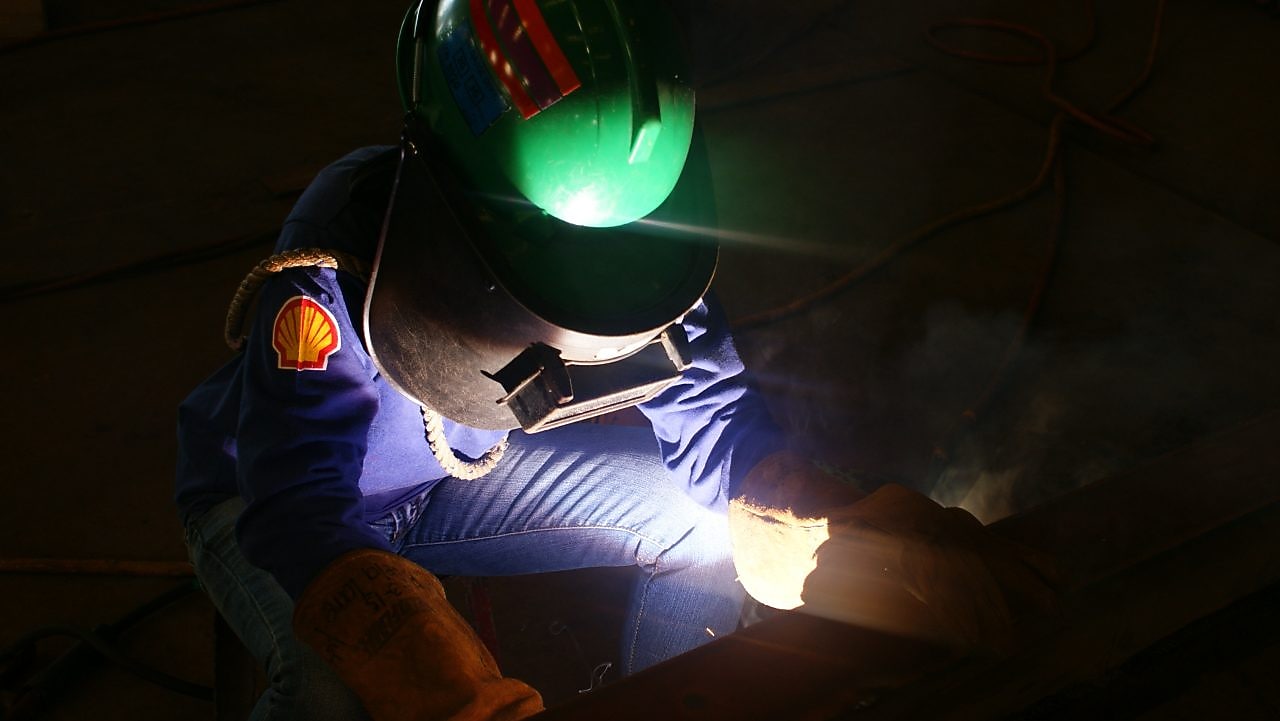
Gas Mo, Bukas Ko (GMBK) (2007-present)
GMBK is a programme collaboration among Shell Pilipinas Corporation-Retail, Shell Dealers led by the Association of Pilipinas Shell Dealers, Inc., and PSFI. It aims to provide a better future for Shell station staff through technical-vocational trainings.
GMBK scholars take up courses offered by training partners, all of which are accredited by the Technical Education and Skills Development Authority. Course offerings include Automotive Servicing, Computer Hardware Servicing, Motorcycle Repair, Welding, Basic Computer, Bookkeeping, Electronics, and Food & Beverage Servicing.
Most of the graduates of GMBK have remained with Shell, many of whom are now holding managerial and supervisory positions.
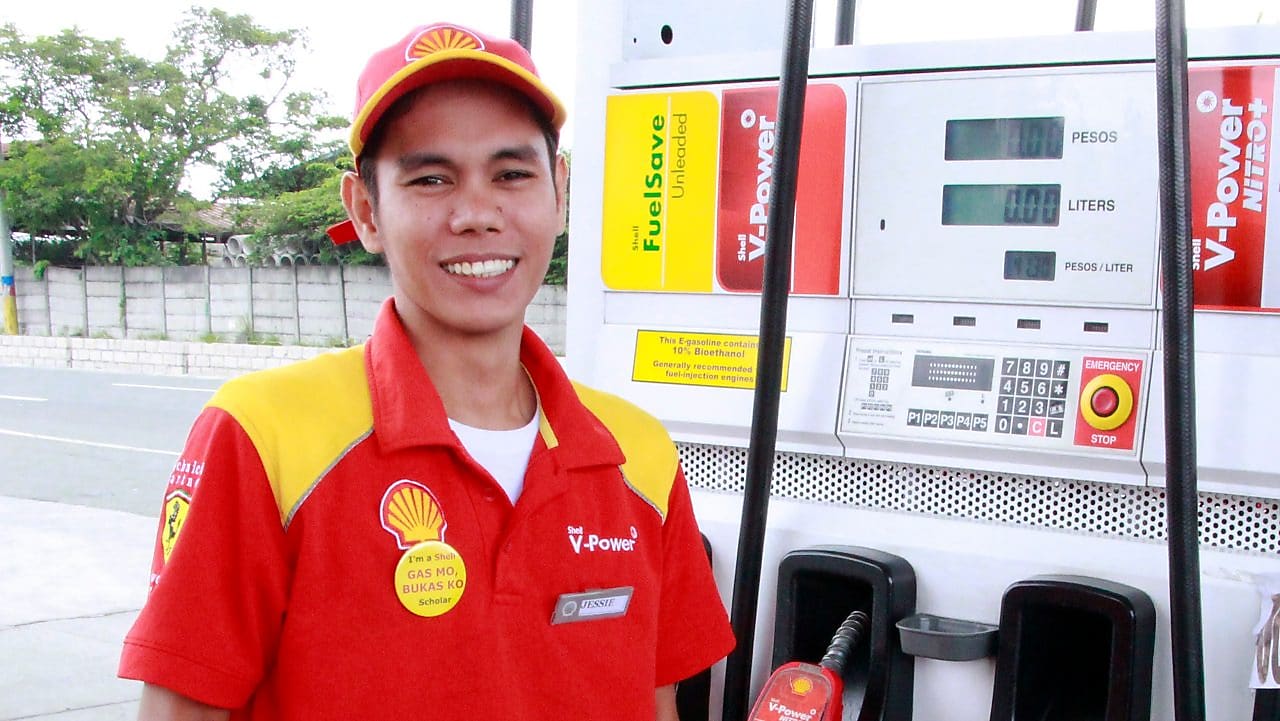
Unlad sa Pasada (USP) (2010-present)
USP is a programme for members of Pepeng Pasada Club, Shell Pilipinas Corporation (SPC) - Retail group’s loyalty programme for jeepney drivers and other public utility drivers. It hopes to return the support of Shell’s loyal customers by committing to improve the capacities of their dependents through free education.
USP scholars are provided opportunities to learn and hone their skills on technical-vocational courses such as Automotive Servicing, Computer Hardware Servicing, Motorcycle Repair, Welding, Basic Computer, Bookkeeping, Electronics, and Food & Beverage Servicing. They are then referred to PSFI’s industry partners for internship and possible employment.
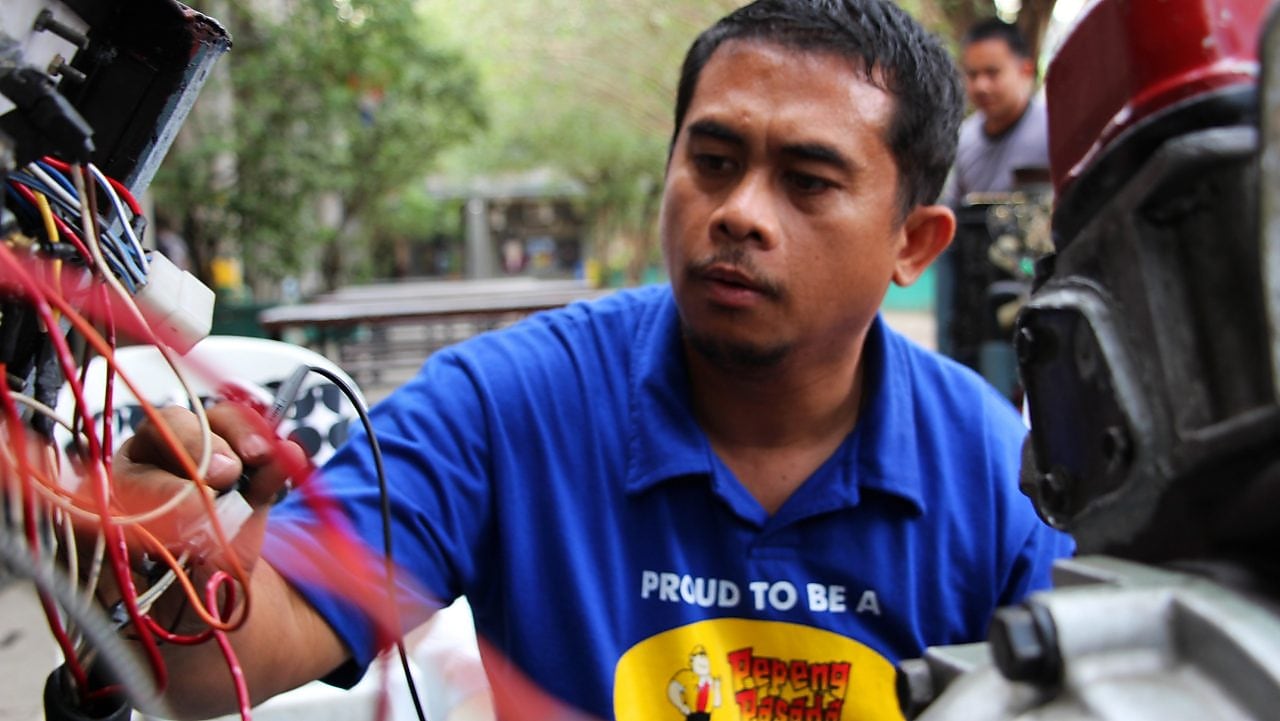
Driver Reward and Incentive Programme (DRIVE) (2010-present)
PSFI, Shell Pilipinas Corporation (SPC) Distribution-Road Transport Group, and Shell contracted haulers teamed up to provide technical-vocational skills training to Class A drivers, dispatchers, safety officers, mechanics, and their dependents through the Driver Reward and Incentive Programme (DRIVE). It aims to support them in bettering their lives through enhancing their opportunities for sustainable employment.
Technical-vocational course offerings include Automotive Servicing, Computer Hardware Servicing, Welding, Basic Computer, Bookkeeping, and Food & Beverage Servicing.
DRIVE scholars are referred to PSFI’s industry partners for internship and possible employment.
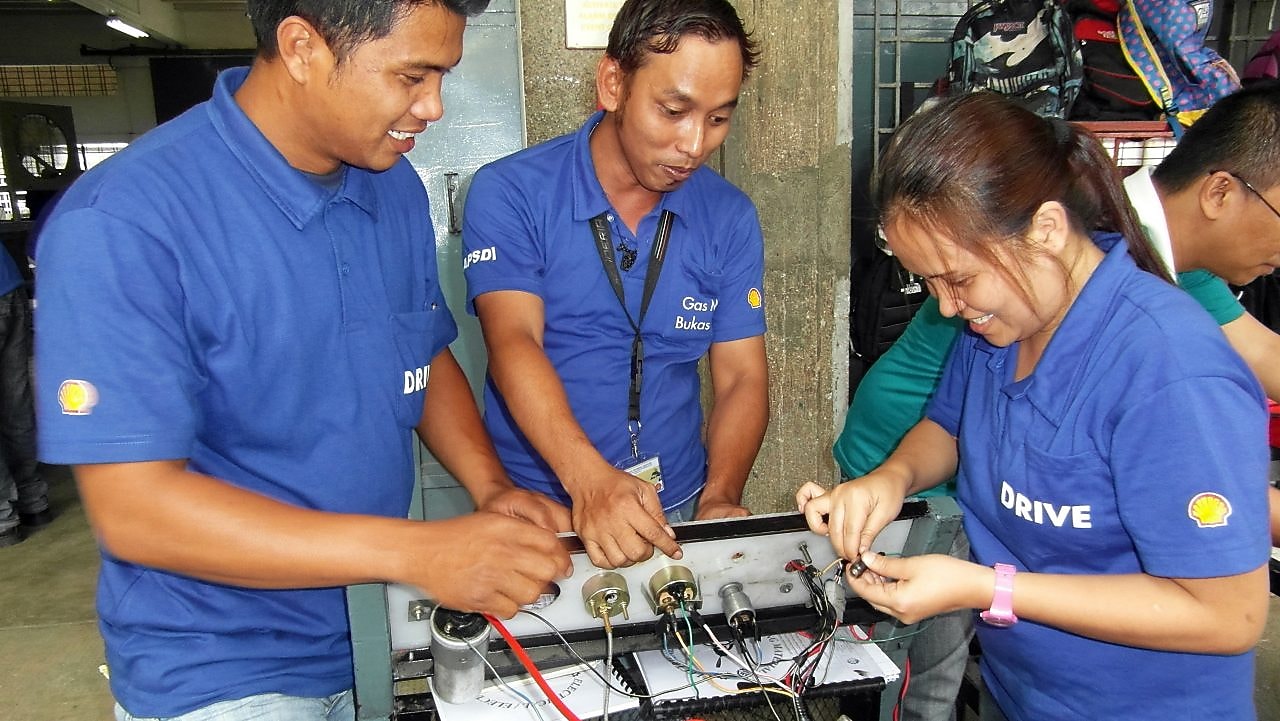
Shell-PhilDev Scholarship Programme (2013-present)
PSFI, in partnership with the Philippine S&T Development Foundation – Manila, Inc. (PhilDev), has been supporting scholars taking up Science and Engineering courses from various schools all over the country since 2013. The scholarship aims to help Filipino youth in pursuing their studies, enabling them to innovate and create technologies, products, and services that can compete in the global markets and stimulate further economic growth for the Philippines.
